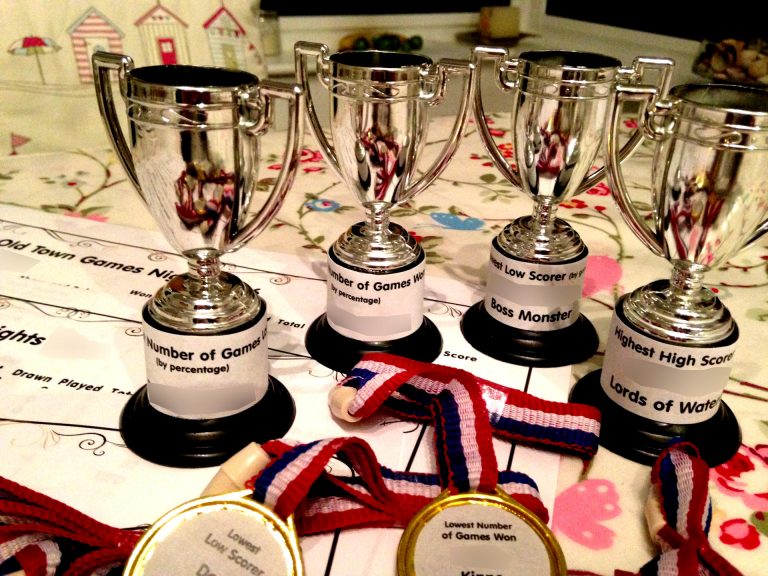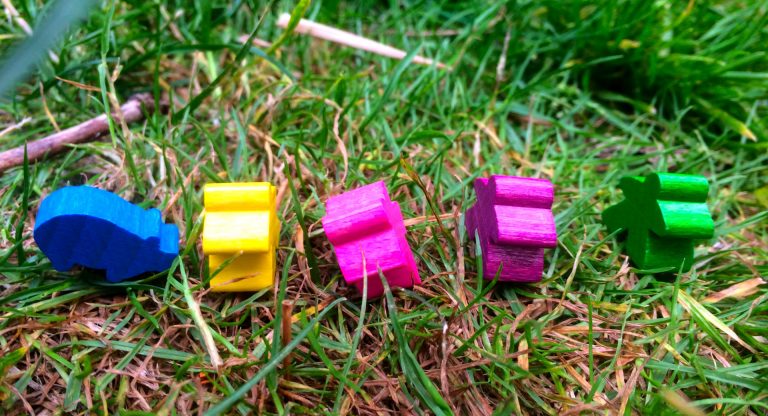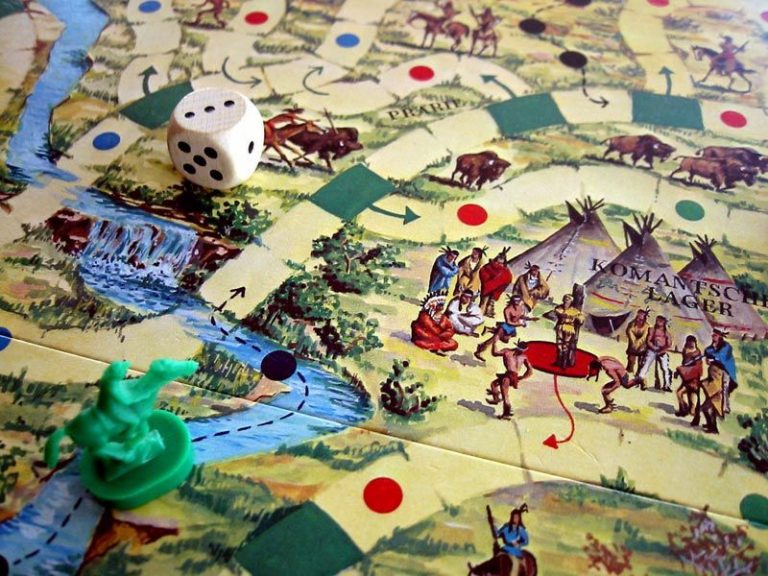Awarding times
It is always nice to get some positive feedback for the work you do, so winning awards is even more satisfying, especially if you receive one of the many prestigious awards from the industry you work in. So far, the Tabletop Games Blog hasn't won any awards, but in this article I am not fishing for praise, but I want to look at the many board game awards that are run every year and show how winning an award affects the popularity of a game, what costs may be attached with some awards and what the different awards try to achieve within the industry.











